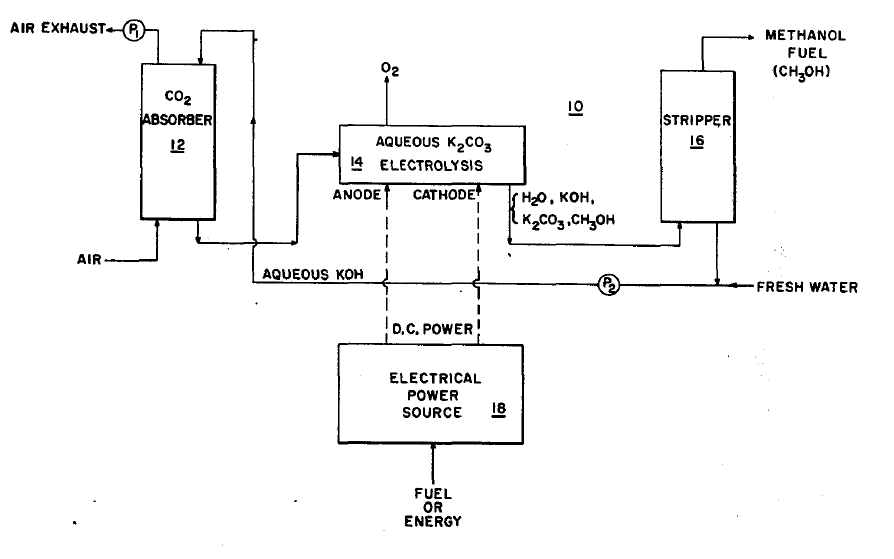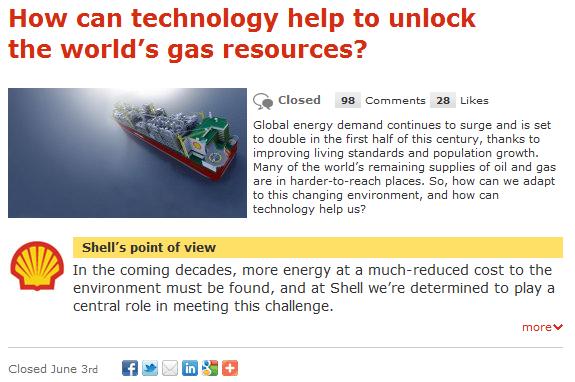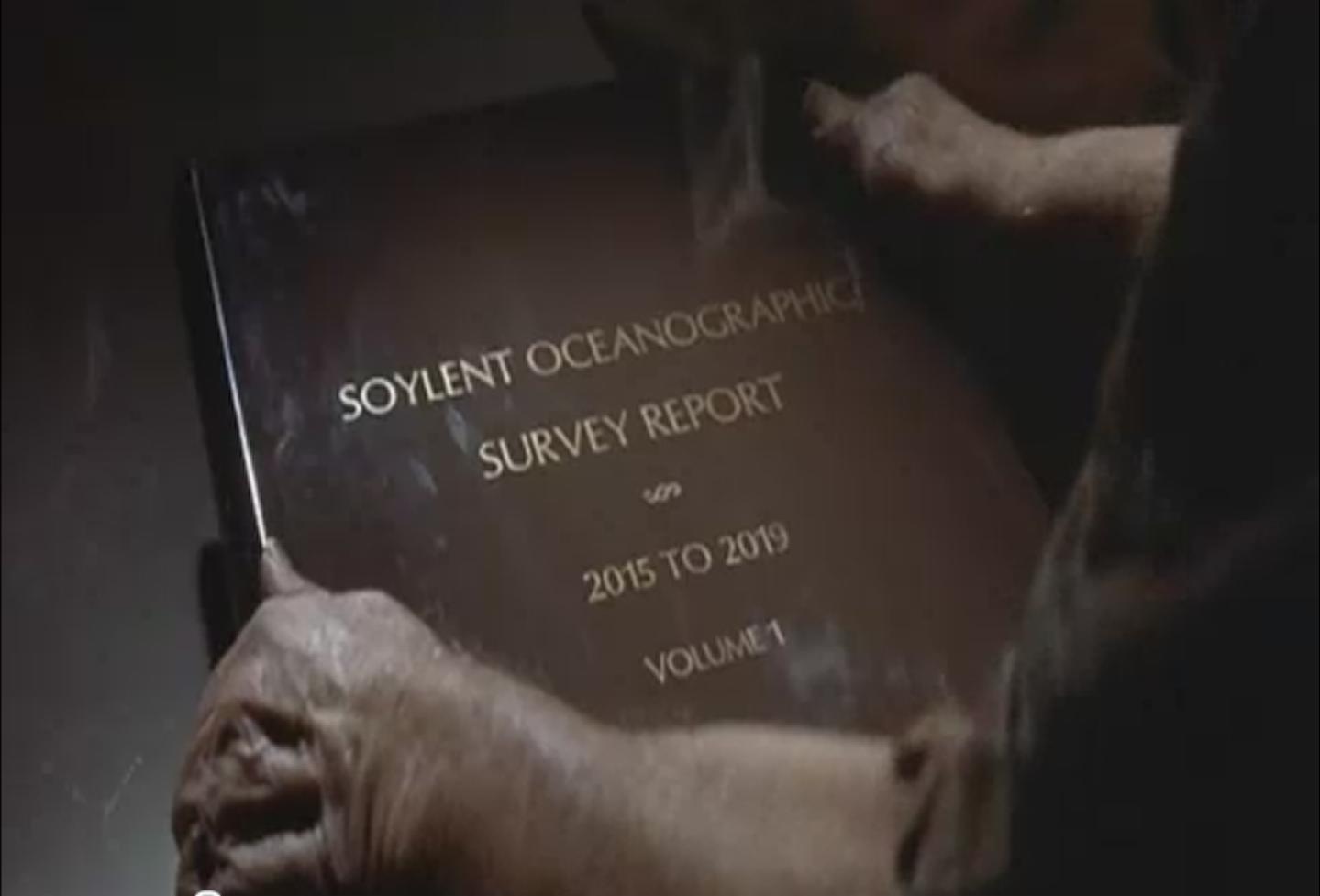Het desert Greenhouse gebruikt zeewater voor koeling van de lucht. Daarbij kan het water worden omgezet in zoet water voor irrigatie. Dit concept maakt dat het goed mogelijk is om te kweken in de woestijn.
Het desert Greenhouse gebruikt zeewater voor koeling van de lucht. Daarbij kan het water worden omgezet in zoet water voor irrigatie. Dit concept maakt dat het goed mogelijk is om te kweken in de woestijn.
Here two video’s on renewables (or potential use of renewables) in cities. First the mere consideration of solar power is a good idea if the electricity is used to provide cooling, although it’s more efficient to use solar heat for cooling.
The boombox type gas cathalytic system for electricity and other designs of combined heat and power are not green, unless the gas used is made using solar thermal power or unfertilized biogas, two possiblities. Still the strong point is that gas loses less energy (none?) when transported, pumping could be powered by renewables. The use of the heat (60% of the energy in the gas) for building heating or indirectly for cooling increases the utility. Of course this remains part of the gas transition, which will mean the transformation of all minable methan in CO2 and H20, the death blow to our eco system.

Tunesie maakt met 2 miljard investeringen in zonne electriciteit op voor levering aan Europa. Dit nadat ze zich met een revolutie hebben ontdaan van de corrupte Generaal Zine el Abidine Ben Ali, een snel proces met minimale verstorende werking. Het resultaat is wel dat er nu hernieuwde mogelijkheid is om te investeren in duurzame energie, iets dat de olie interesses niet toestonden. De link met Desertec, het mondiale platform voor promotie van (uitstel van) zonnecentrales wordt met een update van dit artikel onderzocht.
"About 60 percent of the financing for the solar projects will come from the private sector, and the rest will come from the government and other sources, he added. Tunisia is also planning wind-power projects, Triki said."
So what if the banks in their role as oil/gas/coal distributors are really out to not let anything spoil their party. They where managing the energy cookiejar for years, and made the economy boom so a maximum amount of poeple could benefit from the energy glut. Now that glut is over, gas is rising, but really there will be no replacement for all the present cars, trucks, etc. If you have to transition to gas, why not transition to renewables immediately.
But the banks want to keep going, they have to keep going because that is their business model. There has to be a market for them to control, and control the market they do. The only way to achieve that is to 1. Not allow any solutions to the energy crisis, and twart any independent solutions. And 2. Make sure unproductive people don’t have any money (which they would otherwise spend on the last reserves).
"Fed balance sheet now at a record $2.84 trillion as wages decline and banking profits soar"
This is not only a banking survival strategy, but in a way a reasonable climate action strategy as well. Just claim finanial problems and cut money off of consumers, and you will emit less. But it is also a fight for dominance of the US, they need to keep control or China will take all the oil. Sadly the banks don’t think of it that way it seems.
The Federal reserve bank of the US has been feeding a frenzy since Greenspan began lowering interest rates which led to the ‘irrational exhuberance’ we all clearly remember. Bernanke continued the strategy and thus increased the power of banks to its current global level. The Banks are destroying Europe like they are destroying the US, through loans, derivatives and fraud.
It seems they will not stop to shrink the money supply and burden people with the notion of a debt, it just works so damn well. But if you want to see our global trillion dollar debt for real you have only to look up: It is the CO2 in our atmosphere. Burned oil, coal and gas is what is represented in the bank debt.

Half of the oceans and atmospheric CO2 contains a Carbon atom that was once bought with a bank loan. It escaped into our atmosphere and did not come back. The energy company that sold the Carbon did not give the money to the population in salaries or it would have to give away more Carbon for the same money. Thus a huge debt was hoisted upon the people, and it had only one physical form: CO2 in the sky (and H2O in our oceans).
If the world wants to rid itself of it’s ‘debt’, it needs to rid itself of the CO2. It will create energy, fuel, in many ways, that can drive the economy. We need to take action though, because the banks just want to sell the last cookie to the one that gives it the biggest cut. After the last cookie the banks will not be seen or heard from , just like Goldman Sachs and other Wallstreet banks are winding town US operations to move to Asia.
Dit zijn geen ‘freak’ weersverschijnslen. Dit is de nieuwe norm. Stofstormen, prairiebranden droogte en hitte. Het werd voorspeld maar het geld gaf de illusie dat we ons er wel uit konden betalen. Onze levensstijl is niet stabiel, we moeten hem actief beschermen, niet door steeds ergens anders te zoeken wat we nodig hebben, maar door wat we nodig hebben te minimaliseren mbv hernieuwbare energie. Wat Arizona nodig heeft : Bomen, zonnecentrales en water.
This is a concept, a solution so to say of our CO2 surplus. It combines three technologies:
1. CSP for electricity and thermal energy
2. Methanol from H2O, CO2 and electricity
3. Conversion of Methanol into Plastic
Het proces dat aan de kust van Noord Africa kan plaatsvinden produceert plastic uit H2O, CO2 en zonlicht. Het plastic is makkelijk op te slaan.
Deze activiteit kan zichzelf bekostigen door de verkoop van een deel van de methanol als brandstof.
Mischien is een directer manier om van CO2 en H2O plastic te maken mogelijk, zo ja, deste beter.

Hoe kan de pyromaan de overige huizen zo efficient mogelijk verbranden, met de minst schadelijke gevolgen voor de bewoners? Nooit de vraag "Waarom gaat Shell door met het afbranden van onze leefomgeving" of "Wat is het morele effect van het aanboren van de gas ‘reserves’". Het zijn geen ‘reserves’ het zijn reservoirs, en niet voor niks, ze bestaan door natuurlijke processen die gepaard zijn gegaan met onze evolutie en dat van alle dieren en planten op aarde. De olie en het gas en de kolen uit onze aardkorst hadden daar moeten blijven.

Really? Likes? (bron)
"Waarom de mossel dit jaar op zich laat wachten is niet duidelijk. ‘Het gaat om een natuurproduct. Dan zijn allerlei dingen van invloed, zoals voedselaanbod en watertemperaturen’, aldus Van Damme. Het hoeft dus niet aan het extreem warme weer en de hoge temperaturen van de laatste tijd te liggen."(bron)
Het water warmt op. "De laatste tijd"? De komende tijd is een betere uitspraak. De zuurgraad neemt toe. Dat wist men al 50 jaar geleden. Recent onderzoek wijst uit dat algen en andere onderwater planten niet goed gedijen in zuurder water, dat scheelt al snel 30% en uiteindelijk wel 90% van het groene leven waar mosselen het van moeten hebben. Maar door het te kaderen als een soort wanprestatie is het makkelijker te negeren dat wij niks te zeggen hebben en zelfs niks significants willen zeggen over de reden waarom mosselen het slechter doen. Straks lezen we "De mosselen zijn verdwenen" net als de tonijn en dat is het dan. Vissers moeten als boeren gaan denken. Planten om te oogsten.
Om te laten zien dat dit scenario geen verassing is hieronder een foto uit Soylent Green, een slechte film met echter een solide science based plot. Op deze manier hoeft het niet af te lopen, maar dan moeten we in actie komen. Het probleem in zijn uiterste consequentie erkennen, en de industrie aan het werk zetten. De politiek is het product van een concurerende industrie en die houd geen rekening met consequenties, zoals we aan ons veranderend klimaat kunnen aflezen.

No ocean life in this 1973 film based on a 1966 book by Harry Harrison:
Het is een van de GEOengineering methoden die wel een besproken wordt, het doen vrijkomen van grote hoeveelheden zwaveldeeltjes in de atmosfeer, net als bij een vulkaan uitbarsting, om daarmee zondlicht te weerkaatsen. Dat is wat er ongeveer is gebeurt met de chinese kolen centrales. Het goede nieuws is dat het werkt. He slechte nieuws is dat het maar tijdelijk werkt, en dat het zure regen veroorzaakt. Onderzoekers (in een nog niet gepubliceerd rapport) concluderen dat er door de uitstoot van kolencentrales een koelend effect is bereikt. Dit zal stoppen zo gauw de zwavel uitstoot van de centrales wordt verminderd. China heeft sowiezo een probleem omdat het veel kolen nodig zal hebben om zichzelf staande te houden. De invloed over kolen in de regio is net meer in handen gekomen van de Nathan Rothschild, die een deal maakte met de Indonesische Bakrie familie. In de context van Rothshilds en fossiele brandstof deals duikt een andere naam op, die van Tony Hayward. Die zal 410 miljoen pond verdienen aan een olie an gas deal. Geen slechte beloning voor zijn roekeloze carriere bij BP.
"Prof Joanna Haigh, at Imperial College London, commented: "The researchers are making the important point that the warming due to the CO2 released by Chinese industrialisation has been partially masked by cooling due to reflection of solar radiation by sulphur emissions. On longer timescales, with cleaner emissions, the warming effect will be more marked."